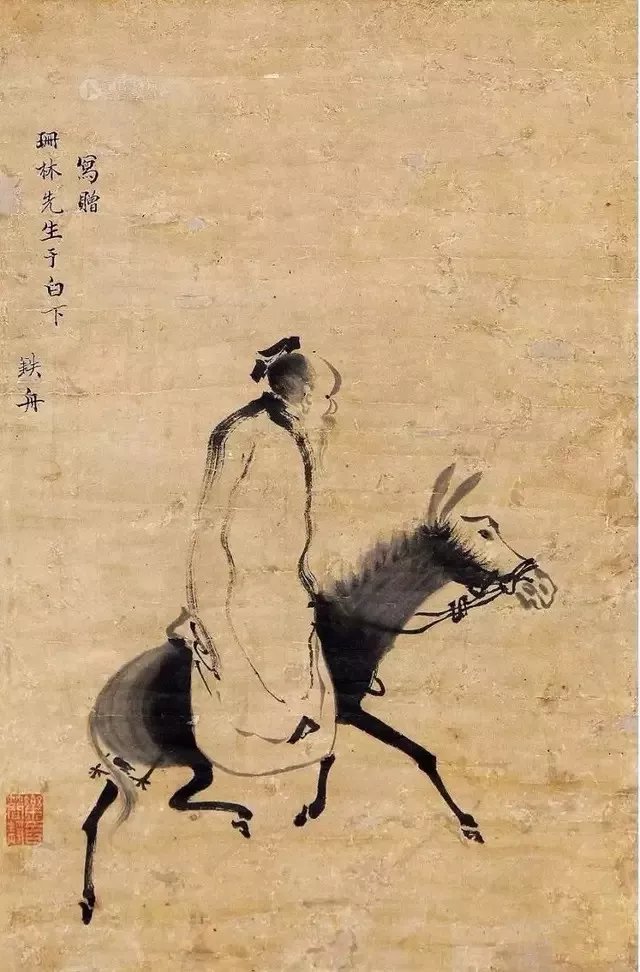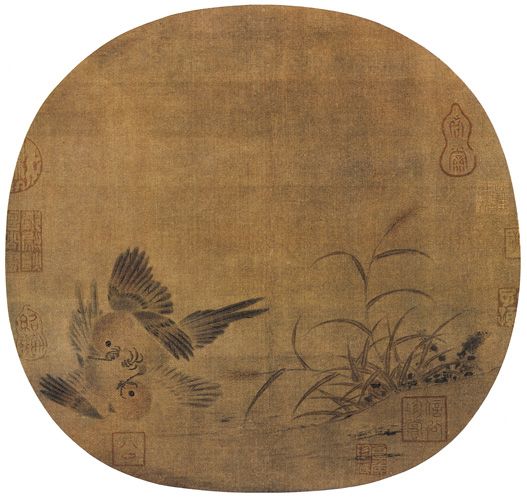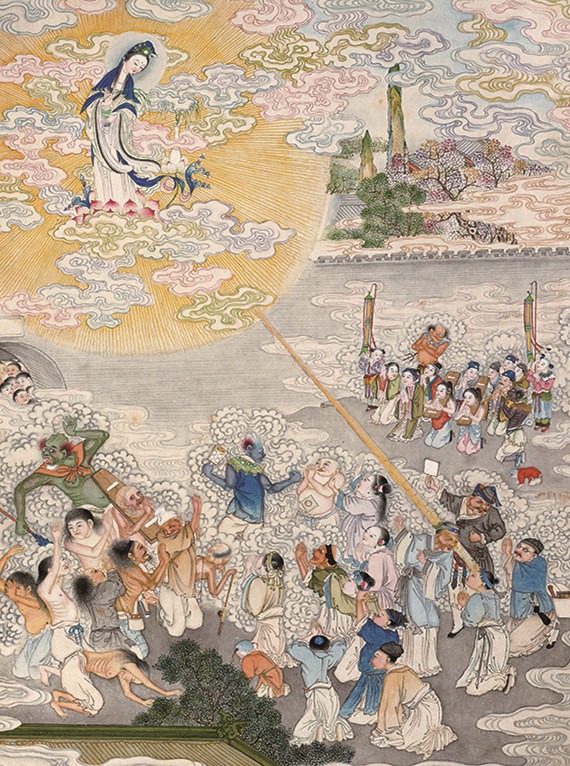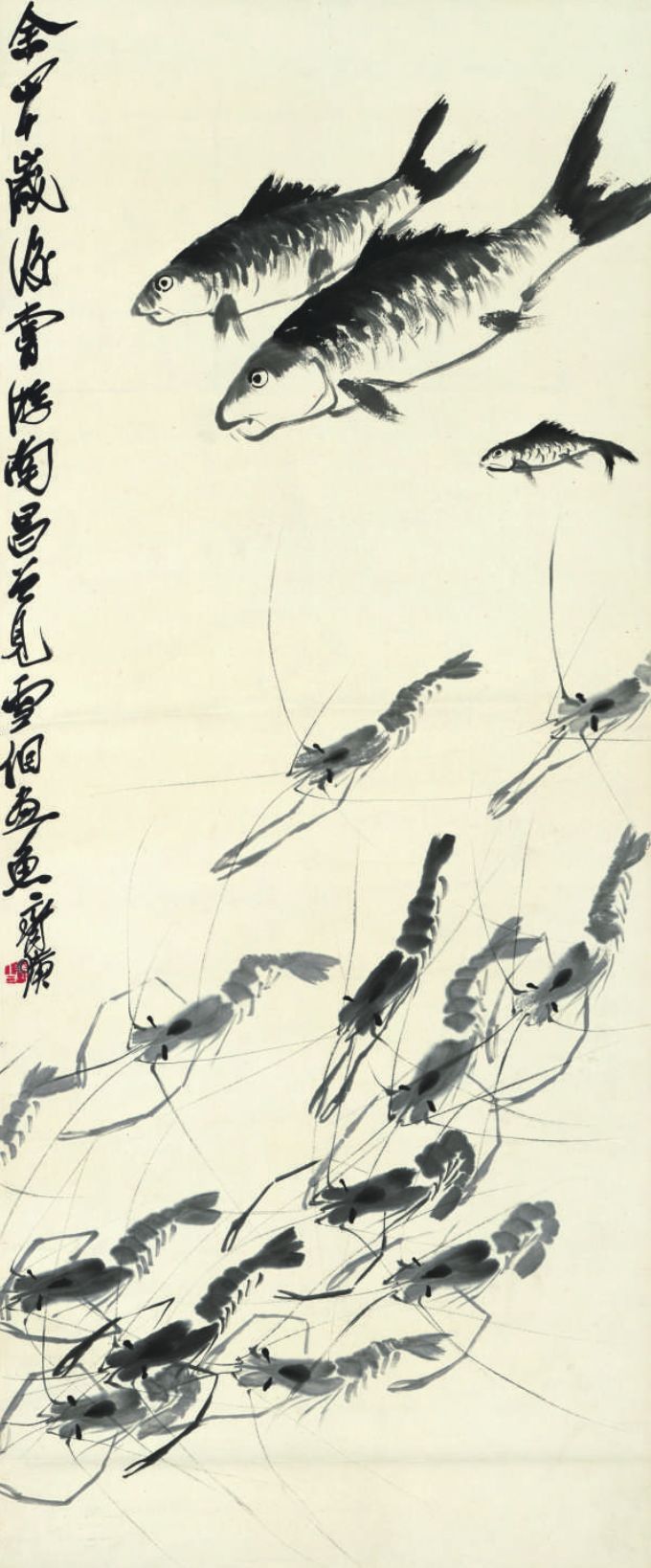Bear Writing
In the twenty-sixth year of the Qianlong era, there was a beggar in Huqiu who raised a large bear, the size of a Sichuan horse, with fur as straight and dense as arrows. This bear could write and compose poems but could not speak. Those who wished to visit were allowed to watch for a fee of one wen. If you brought white paper and asked the bear to write, it would use large characters to write a Tang poem, demanding a fee of one hundred coins.





